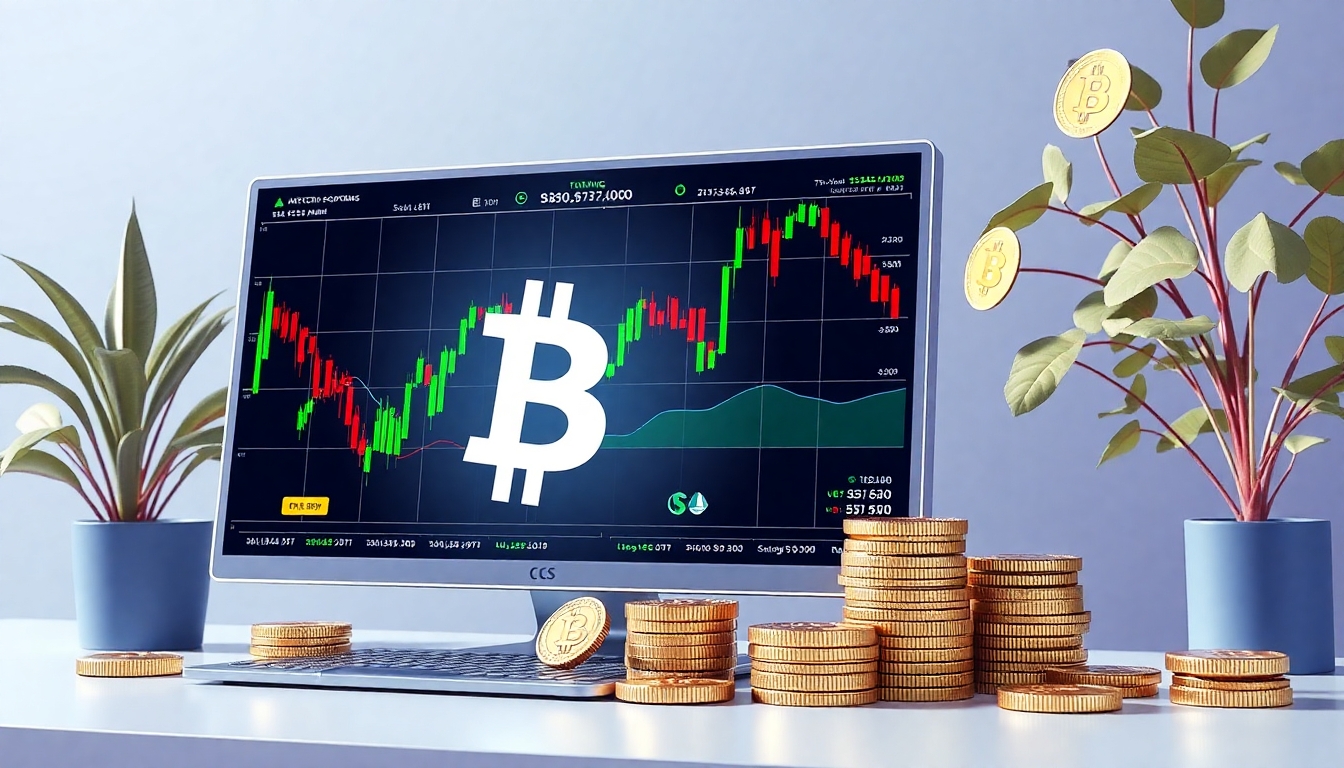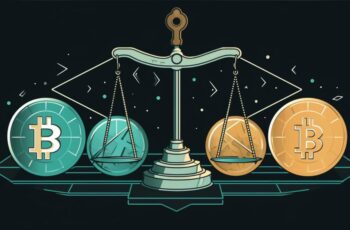The play-to-earn gaming sector has exploded from virtually nothing to a $3.5 billion market in just three years, fundamentally altering how millions approach both gaming and financial decision-making. This unprecedented growth reveals fascinating connections between gaming psychology and cryptocurrency trading behavior. Marketing research firms like Lead Craft Agency have documented how P2E mechanics create behavioral patterns that directly influence crypto market participation and investment strategies. Understanding these psychological drivers helps explain why NFT gaming communities often become crypto trading powerhouses.
The Gamification of Crypto Trading Psychology
Play-to-earn gaming creates powerful psychological conditioning that transfers directly into cryptocurrency trading behavior. Both activities trigger identical dopamine reward pathways through intermittent reinforcement schedules, where unpredictable rewards generate stronger behavioral responses than consistent payouts. NFT game players experience this through rare item drops, successful breeding outcomes, and unexpected token rewards.
This conditioning proves remarkably transferable to crypto trading environments. Players accustomed to checking games every few hours for rewards naturally adapt to monitoring crypto portfolios with similar frequency. The psychological satisfaction derived from acquiring rare NFTs mirrors the excitement traders feel when discovering undervalued altcoins before price surges.
Gaming mechanics deliberately exploit psychological biases that crypto markets amplify:
- Loss aversion manifests through players holding losing game assets hoping for recovery;
- Sunk cost fallacy drives continued investment in underperforming virtual economies;
- Confirmation bias leads to cherry-picking positive community sentiment while ignoring warning signs;
- Social proof creates bandwagon effects when popular streamers promote specific games or tokens.
The “near-miss” psychology proves particularly powerful in both contexts. Failed attempts to mint rare NFTs or narrow losses in trading competitions create psychological urgency that drives continued participation. Time-limited events in NFT games create artificial scarcity that mirrors crypto market FOMO dynamics, teaching players to make rapid decisions under pressure.
From Virtual Assets to Real Portfolio Management
NFT gaming serves as unexpected training for cryptocurrency portfolio management, teaching players essential financial skills through gamified experiences. Virtual economies require players to balance multiple asset types, understand market cycles, and develop risk management strategies that translate directly to crypto trading success.
Players naturally develop diversification instincts through managing various NFT categories within single games. Successful Axie Infinity players maintain breeding pairs, battle-ready teams, and rare collectibles simultaneously, learning to balance growth assets against liquid holdings. This portfolio thinking transfers seamlessly to cryptocurrency investing.
Resource management skills prove particularly valuable for crypto trading success. NFT games teach players to:
- Optimize limited resources across competing opportunities;
- Recognize market cycle patterns through seasonal game events;
- Calculate return on investment for virtual asset purchases;
- Understand liquidity differences between common and rare items;
- Develop patience for long-term value appreciation strategies.
The psychological comfort with digital asset ownership eliminates traditional barriers to cryptocurrency adoption. Gaming communities already understand concepts like private keys, wallet security, and irreversible transactions through NFT ownership experiences. This familiarity reduces the learning curve that prevents many traditional investors from entering crypto markets.
Gaming guilds function as informal investment clubs, sharing strategies and pooling resources for larger opportunities. Guild members learn from experienced players, developing trading skills through mentorship relationships that rarely exist in traditional financial markets. According to Forbes, former gamers demonstrate significantly higher success rates in cryptocurrency trading compared to traditional finance backgrounds.
Community-Driven Market Sentiment in NFT Gaming
Gaming communities wield unprecedented influence over cryptocurrency market sentiment through coordinated social behavior that amplifies price movements and project success. Unlike traditional financial markets where institutional investors drive major price changes, NFT gaming projects often succeed or fail based on community psychology and collective decision-making processes.
Discord servers and gaming guilds function as sophisticated information networks where thousands of players share real-time market intelligence, strategy discussions, and sentiment analysis. These communities develop tribal loyalties to specific projects that create sustained buying pressure and defensive behavior during market downturns.
The “diamond hands” mentality originates directly from gaming culture, where players naturally hold rare items through market cycles rather than selling at first opportunity. This psychological approach, reinforced through guild peer pressure and status recognition systems, transfers directly to cryptocurrency holding strategies.
Social proof mechanisms within gaming communities amplify market movements through several channels including influencer endorsements from respected guild leaders, success stories from community members, and fear of missing out spreading rapidly through tight-knit gaming social networks. Gaming communities also demonstrate remarkable resilience during market downturns, maintaining project support through bear markets that destroy less cohesive investor groups.
The Dark Side: Gaming Addiction Meets Trading Addiction
The psychological mechanisms that make play-to-earn gaming compelling also create dangerous parallels with trading addiction, as both activities exploit identical reward systems that can lead to compulsive behavior patterns. Understanding these risks becomes crucial as gaming communities increasingly participate in cryptocurrency markets.
Microtransaction psychology from mobile gaming translates directly into compulsive crypto trading behavior. Players conditioned to make frequent small purchases for incremental advantages naturally adapt to making numerous small trades seeking marginal profits. Both activities provide immediate gratification that masks long-term financial consequences.
The gamification of trading platforms deliberately exploits gaming psychology through features designed to increase engagement rather than improve financial outcomes:
- Achievement badges for completing certain numbers of trades;
- Leaderboards comparing performance against other users;
- Streak rewards for daily platform engagement;
- Progress bars showing advancement toward arbitrary milestones;
- Social features enabling sharing of successful trades for status recognition.
Research shows that traders with gaming backgrounds demonstrate higher susceptibility to FOMO-driven decisions during market volatility, often making impulsive trades based on short-term price movements rather than fundamental analysis.
However, gaming experience also provides protective factors against trading addiction. Players familiar with game design recognize manipulation tactics more readily than newcomers to digital environments. Successful integration requires conscious awareness of psychological triggers and implementation of protective strategies including predetermined trading limits and community accountability systems.
FAQ
How does NFT gaming psychology differ from traditional gambling psychology?
NFT gaming creates perceived skill-based outcomes through strategy and asset ownership, while gambling relies purely on chance.
Can gaming experience actually improve cryptocurrency trading performance?
Yes, gaming provides experience with digital assets and volatility tolerance, but can also lead to excessive speculation.
Why do gaming communities show stronger loyalty to crypto projects than traditional investors?
Gaming culture emphasizes long-term progression and community identity over short-term profits.
What are the warning signs that gaming psychology is leading to unhealthy trading behavior?
Trading more frequently than planned and making decisions based on community hype rather than analysis.
How can NFT gamers transition safely into cryptocurrency trading?
Implement strict risk management rules and treat crypto trading as a separate skill set from gaming.




